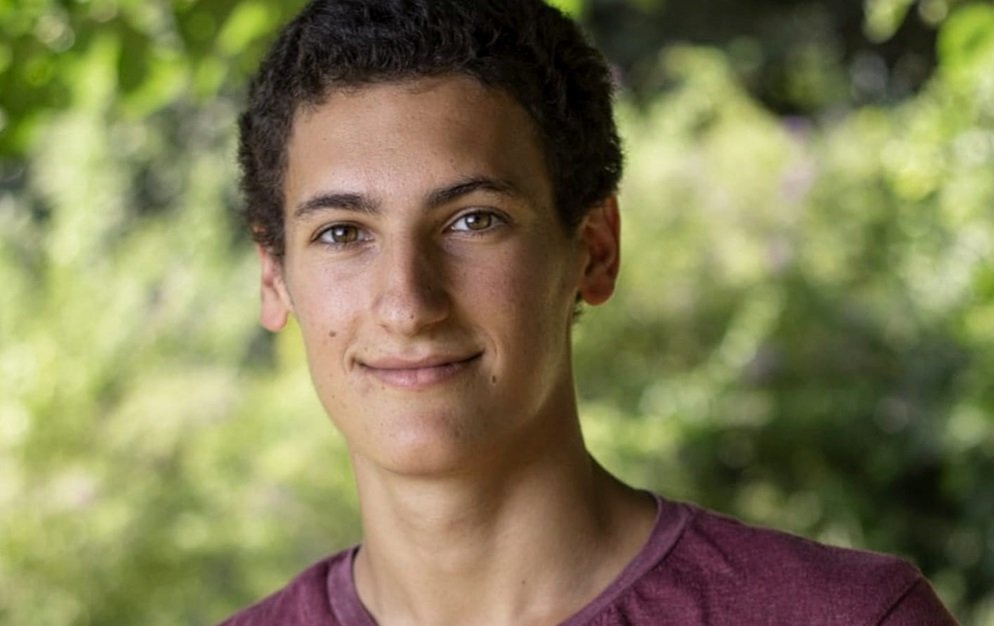Hilel Garmi is in prison for the third time, for refusing to serve in the Israeli military. His decision was partly inspired by one of the lead organizers of the Great Return March in Gaza.
By +972 Magazine Staff

Conscientious objector Hilel Garmi was sentenced to 10 days in prison on Monday, after he again refused to serve in the Israel Defense Forces, in protest of Israel’s policies in the occupied territories. This is Garmi’s third detention, at the end of which he would have served 37 days in military prison.
Garmi, 18, from Kibbutz Yodfat in northern Israel, was first imprisoned in late July, after military police forces arrived at his home to arrest him. “I know I will be proud of this decision for the rest of my life, knowing that in the moment of truth, I was loyal to my beliefs, and did the only thing that seems moral to me. The way I see it, I chose to be on the right side of history,” said Garmi, upon his entry to prison.
In his declaration of refusal, Garmi explained that he was inspired by Ahmed Abu Artema, one of the lead organizers of the nonviolent Great Return March protests on the Gaza border. “I was impressed to find people who prefer to deal with the situation between the Jordan River and the sea without resorting to violence,” wrote Garmi. “I, too, believe in civil disobedience – in applying nonviolent pressure to highlight a government’s lack of morality.”
Garmi further explained: “I know that almost every nation needs a military to protect it, but militaries cannot justify any mission with security considerations, and we need to determine red lines that if crossed, the military loses our support. I think that after over 50 years of occupation, for me, the red lines have certainly been crossed. Although the decision to refuse the draft was personal at first, over the past six months I have decided to make my refusal public. I decided to do so because I believe that civil disobedience can make a change and impact the sense of justice held by those with privilege between the Jordan River and the sea. Civil disobedience is usually used when the government has lost its legitimate source of authority, and I think that after 50 years of undemocratic rule, the government between the Jordan River and the sea has lost its legitimate authority.
Garmi is accompanied by “Mesarvot,” a political Israeli network that provides supports for conscientious objectors. Shortly before his imprisonment, Garmi started a blog called “Hilel is Refusing,” in which he publishes anecdotes and texts that he wrote while in prison. He is expected to spend the coming Jewish new year behind bars.
A version of this article was first published in Hebrew on Local Call. Read it here.
